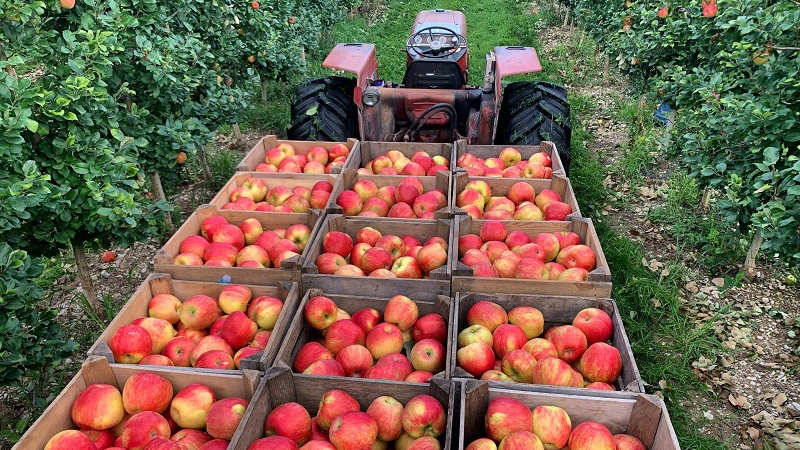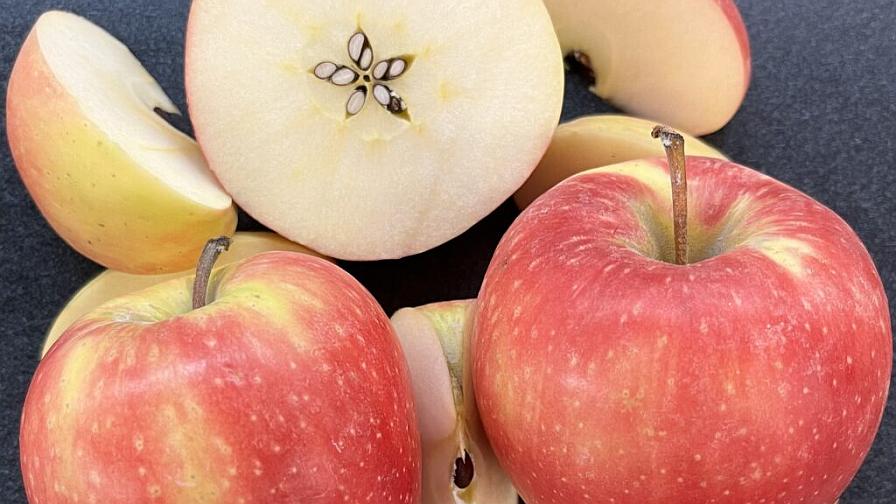Citrus Psyllids And Emerging Threats Require Crop Protection Stewardship

1. How well are citrus growers doing in controlling psyllids?
Palumbo: In Florida, most citrus growers have made a conscience effort to target psyllids at critical times. Namely, during the winter months by reducing populations they will have to contend with during spring flush periods. Overall, a good job during this critical time pays dividends throughout the year. The Citrus Health Management Area sprays, combined with individual grower programs, have managed psyllid populations prior to flush periods thereby avoiding trying to catch up during a flush where high populations of both adults and nymphs are present.
2. Have growers been proactive rotating chemistries to avoid resistance in psyllid populations?
Palumbo: In general, growers have been changing classes of chemistry. However, there are two forms of chemical class rotation and most are only familiar with one — changing classes with each application. The other method is applying two or more classes of chemistry in one application. Combining classes of chemistry is equally effective as a rotation management strategy, provided there is not resistance to one of the chemistries in the tank mix. FMC Gladiator (zeta cypermethrin/avermectin) and Chariot (zeta cypermethrin/chlorpyrifos) are examples of these types of products.
3. Are there other pests in citrus that are getting growers’ attention?
Palumbo: Citrus root weevils and citrus rust mites are being noticed more than before. It is important growers have a planned strategy to manage these pests and especially use chemical class rotation when trying to manage citrus rust mite throughout the season.
4. In other Florida specialty crops, are there pests proving more problematic in recent years?
Palumbo: Adult whitefly and thrips control in vegetable crops continues to be difficult as older effective knock-down products are taken from the market. All available chemistries need to be employed during the season. Pyrethroid chemistry is very effective in controlling these pests when used in a chemical rotation program, especially late in the season. Hero (zeta cypermethrin/bifenthrin) from FMC is an effective tool growers use to control both of these pests. Growers must use a total whitefly/thrips management program, which includes removing host crops and weeds as soon as possible. Weed management between and around crops is just as important to help control insects and diseases as in-crop pest management.
5. How important is stewardship of current pest control products?
Palumbo: Environmental awareness affects all of us and is most critical for those in agriculture to have it top of mind when planning a spraying operation. Drift prevention and environmental stewardship of crop protection materials is important for the long-term survivability of Florida agriculture. One misstep environmentally could shut down the availability of an application method or remove a key pest management tool from use by our growers. Close attention must be made to the area surrounding the application site. Factors such as weather and other controllable influences such as timing, selecting an application method, and selecting a crop protection material must be carefully considered when planning pest control operations to minimize the impact on the neighboring environment.









